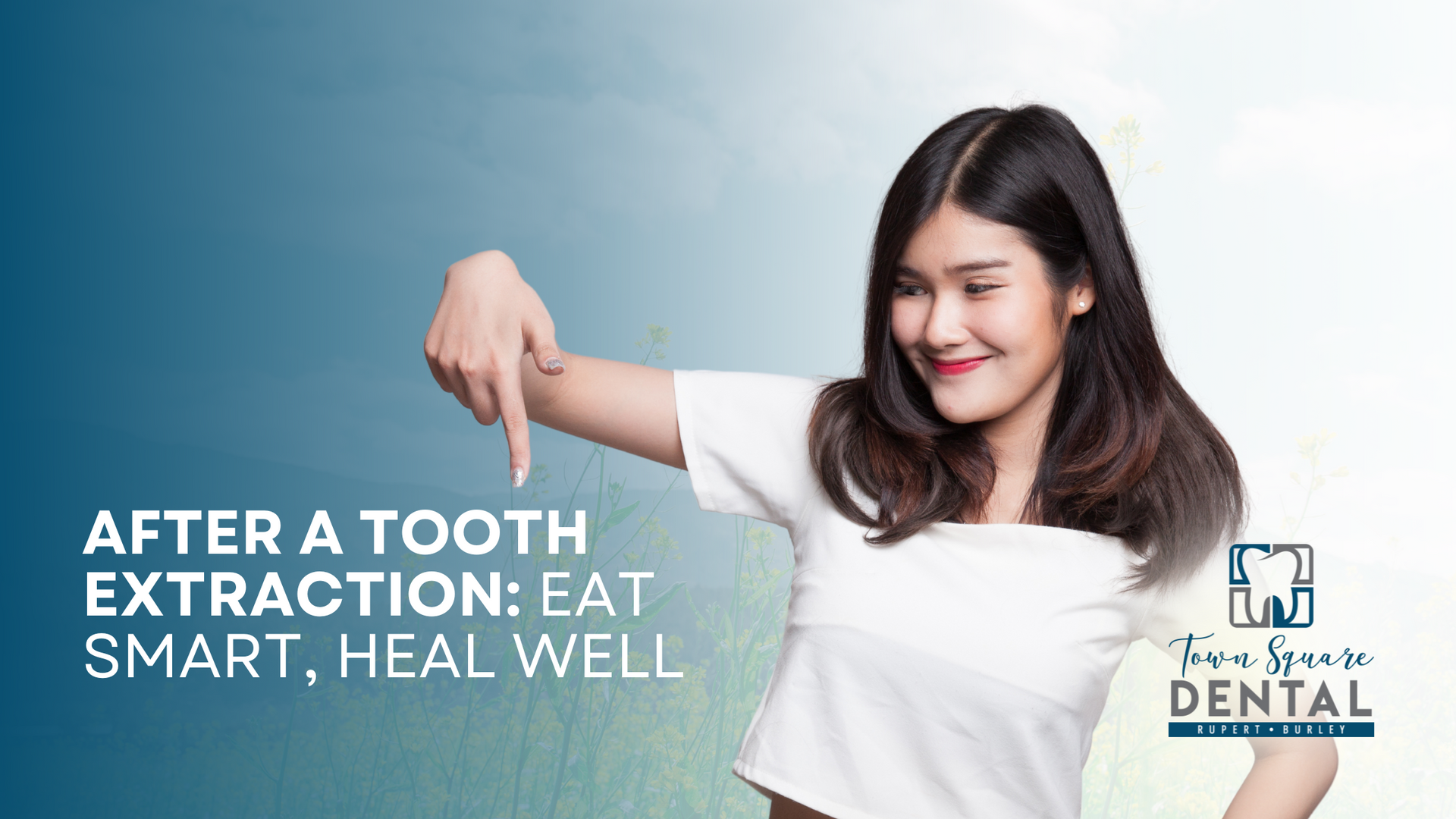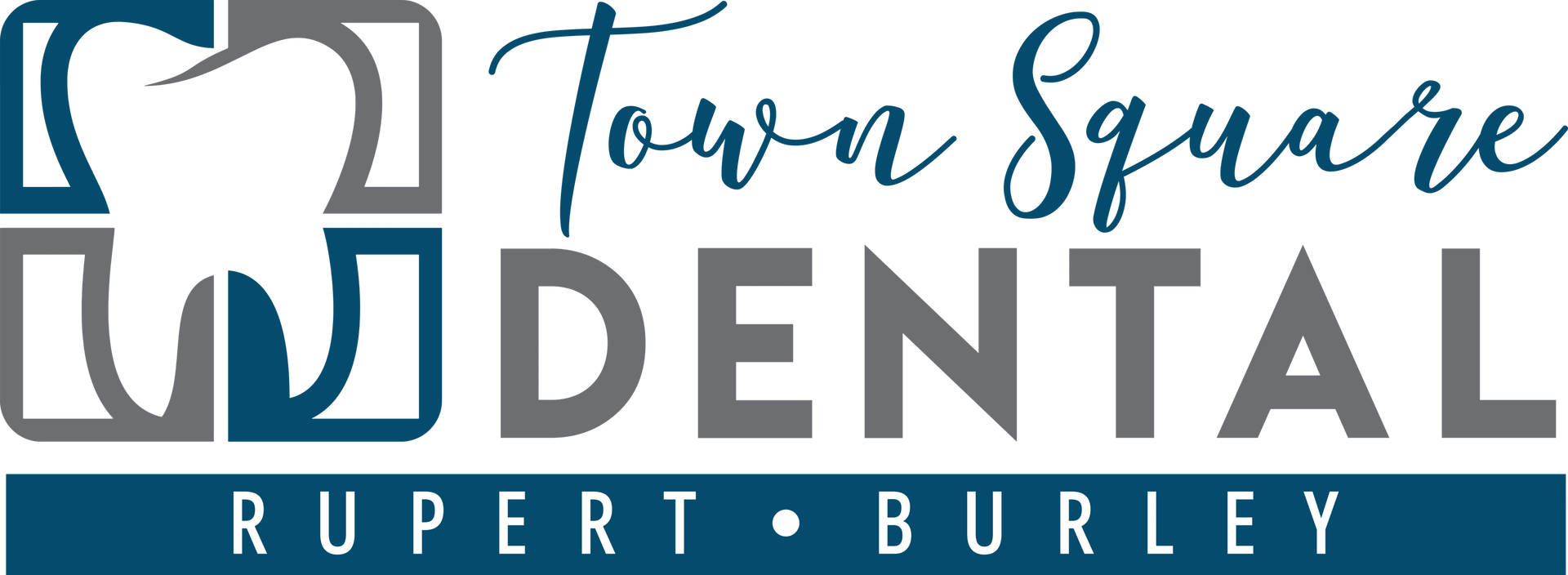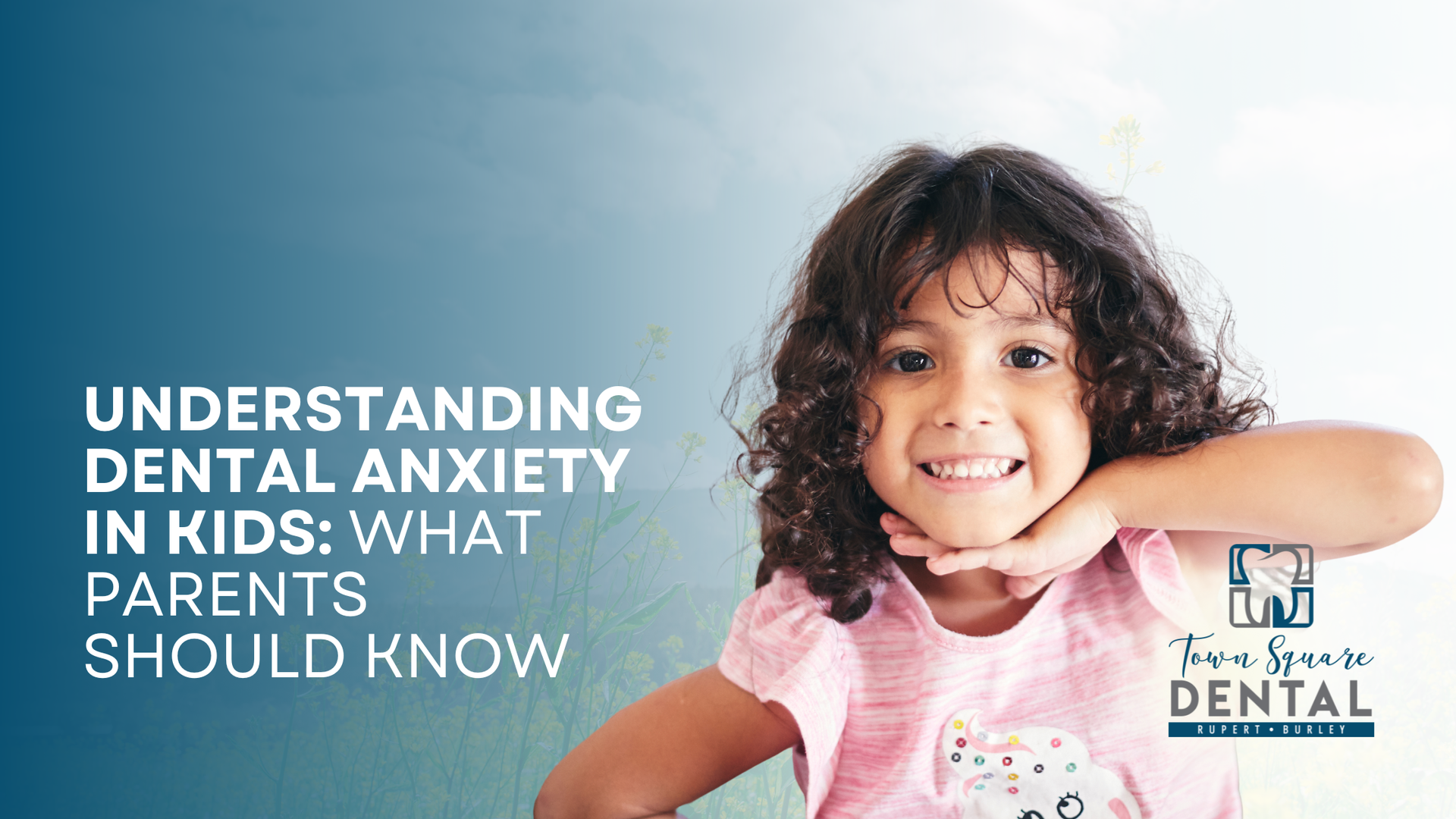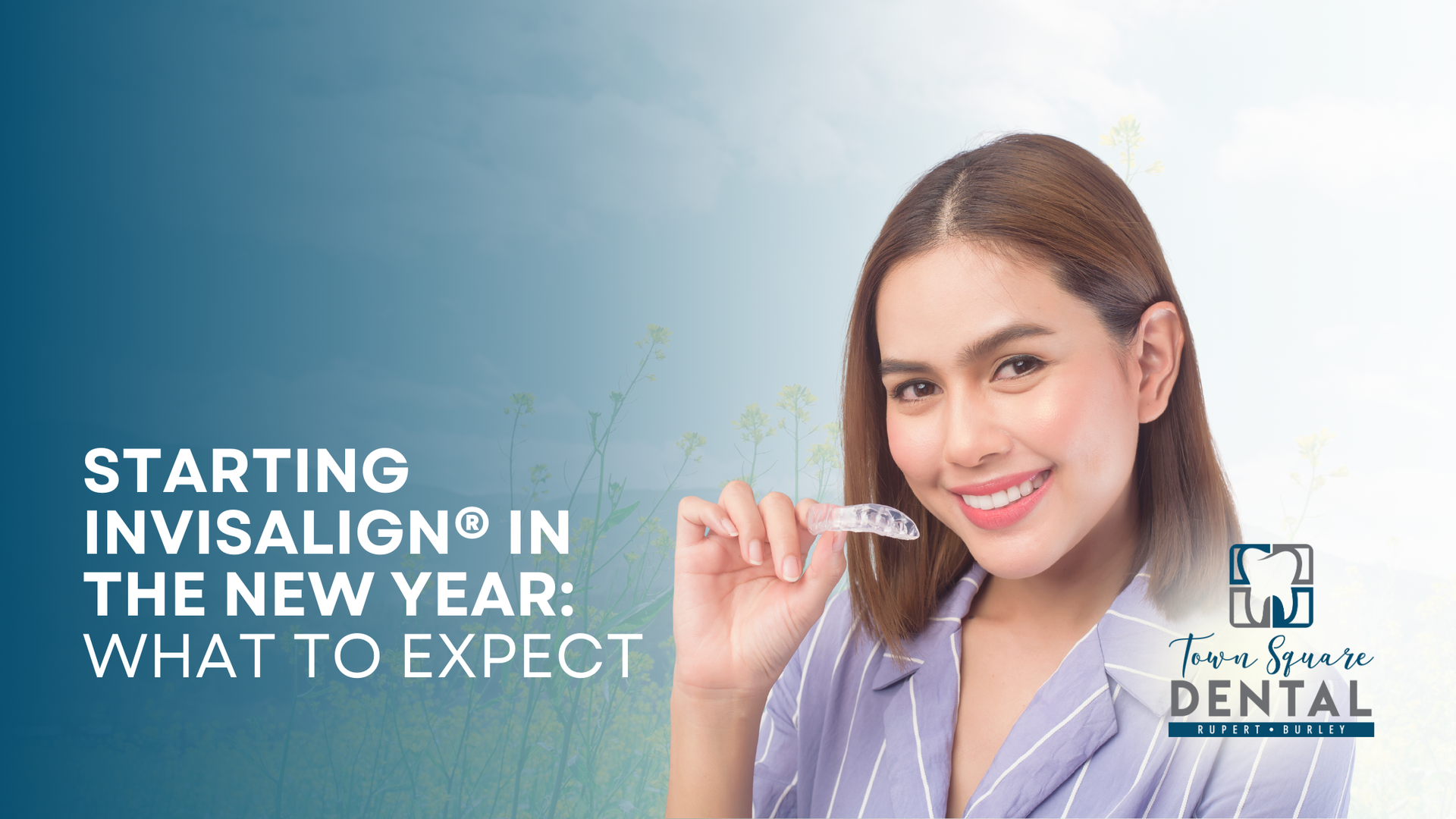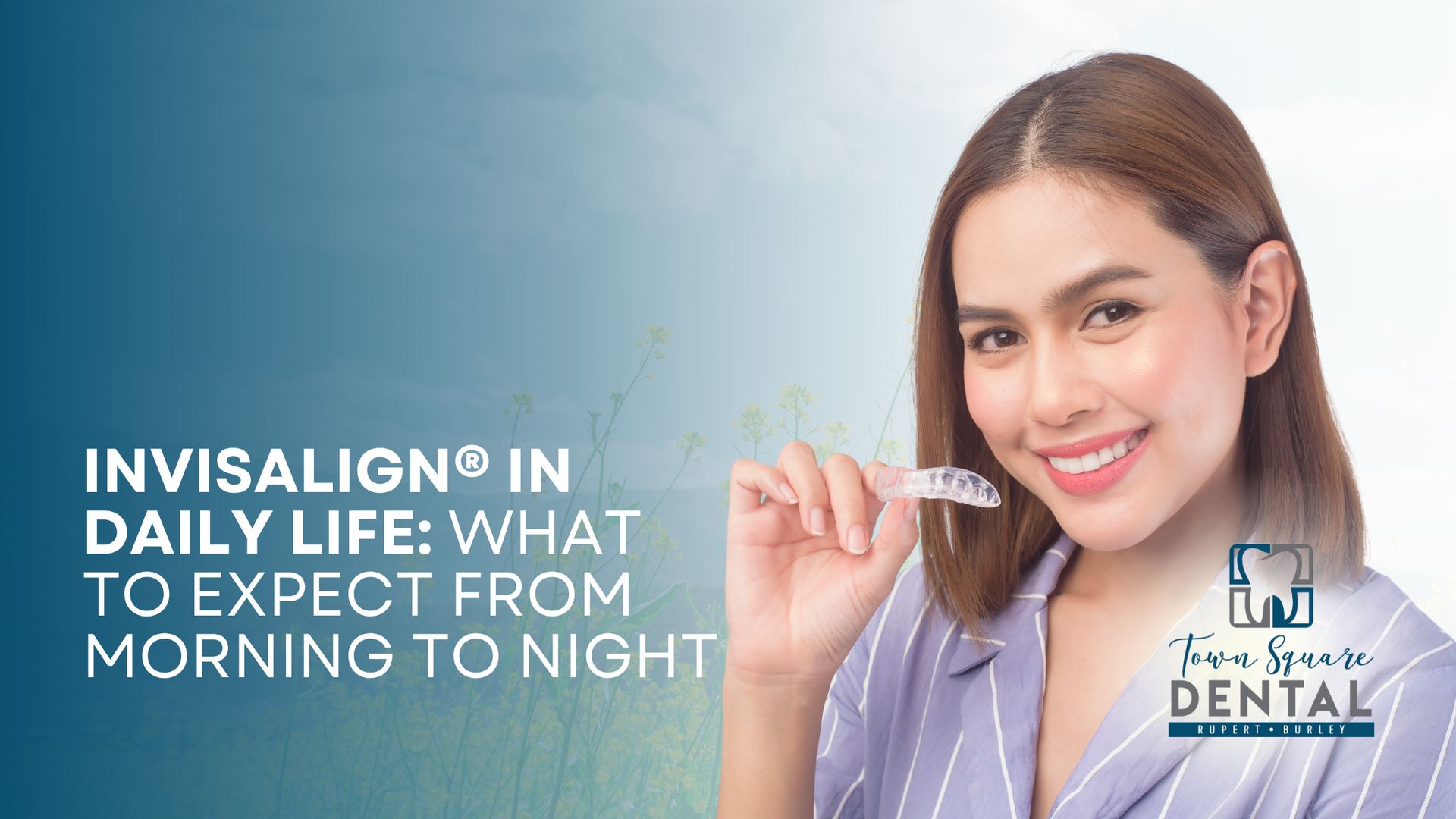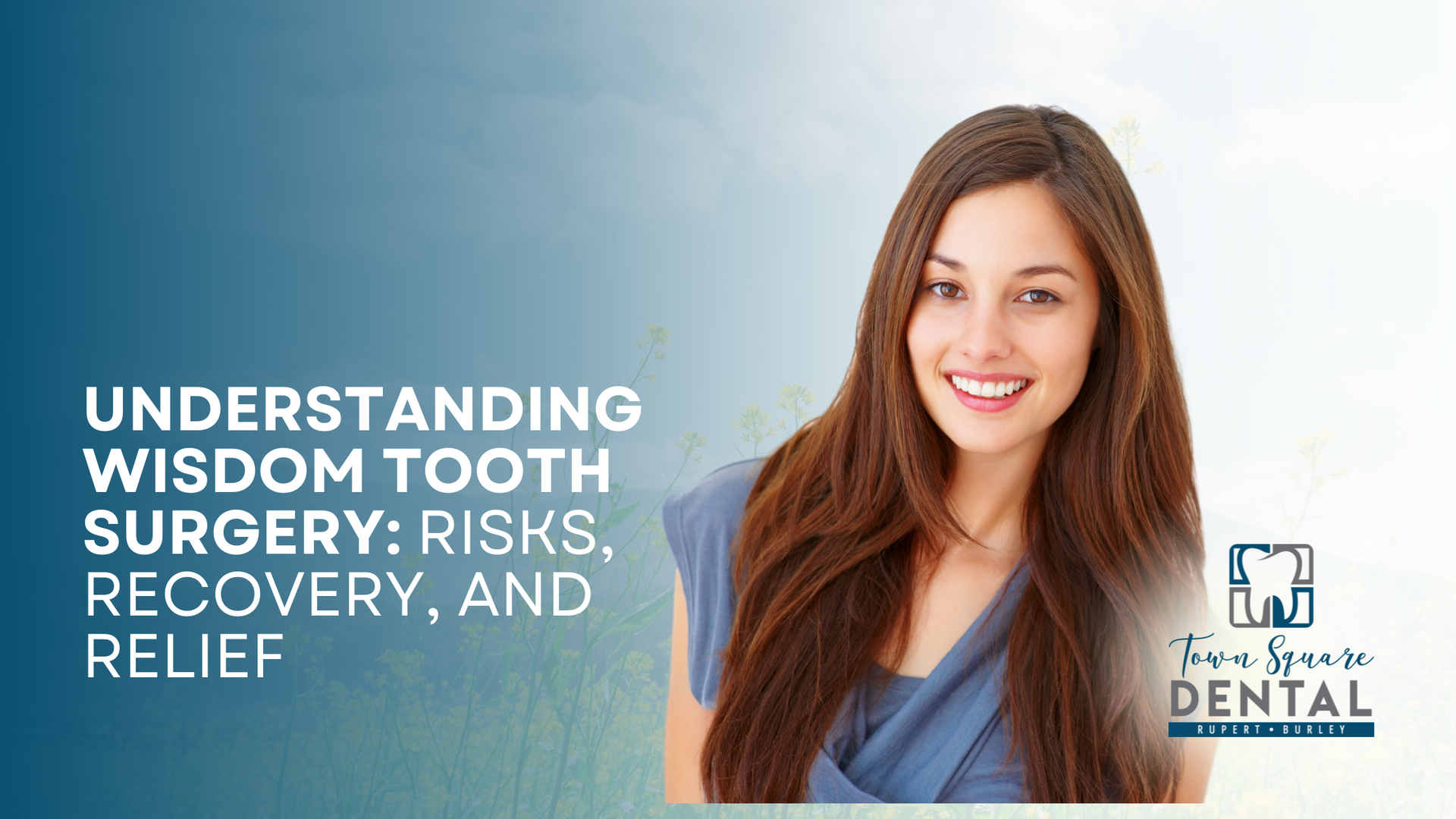Biological Dentistry Explained: What It Means for Your Health
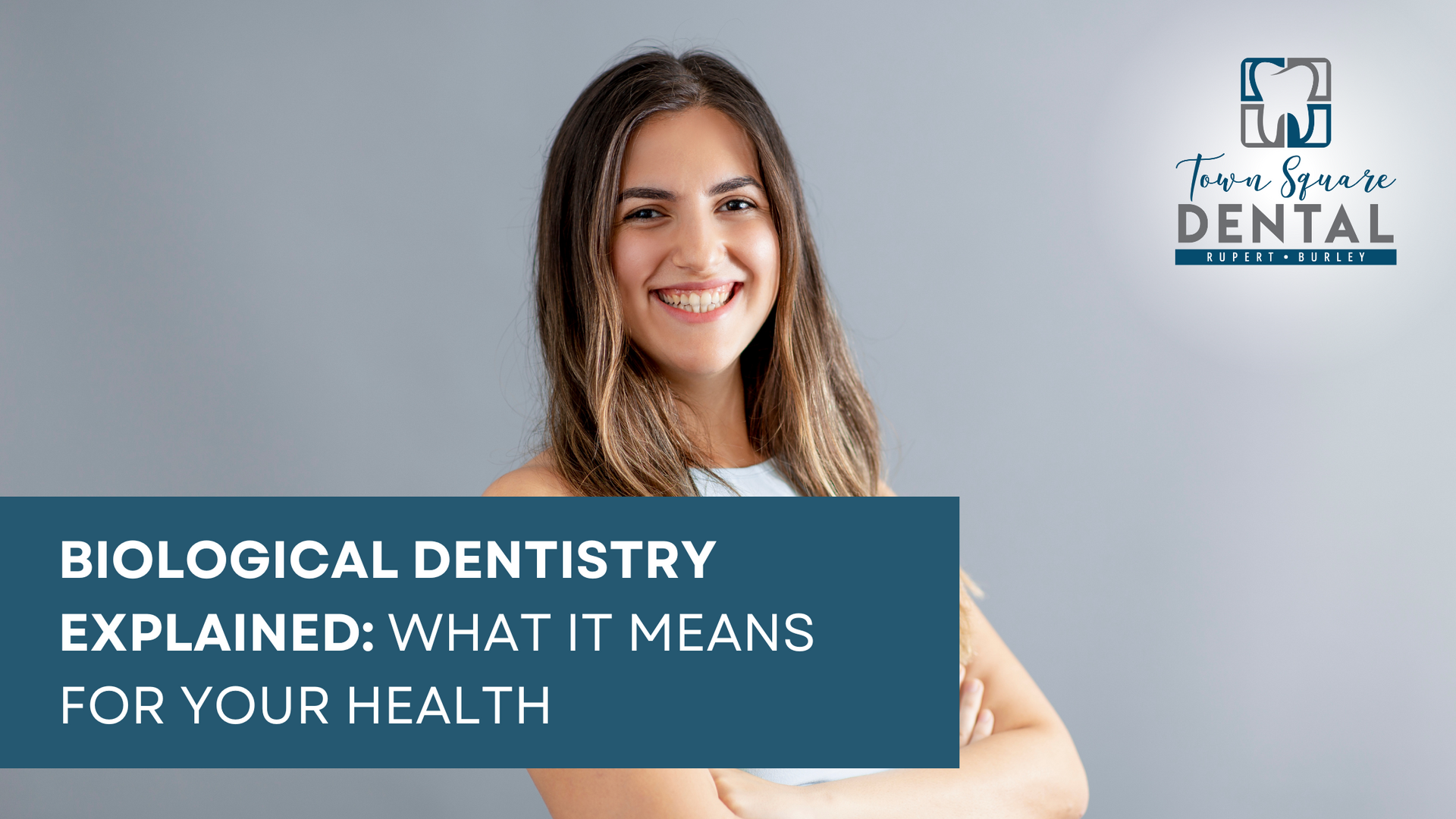
Source: Dr. Marketing
At Town Square Dental, we recognize that oral health is deeply connected to overall health. For patients seeking a more integrative, health-conscious approach to dentistry, biological—or holistic—dentistry offers an alternative that considers the entire body, not just the teeth and gums. While traditional dentistry focuses primarily on diagnosing and treating oral conditions, biological dentistry expands the lens to include how materials, procedures, and lifestyle factors influence total wellness.
For patients in Town Square Dental in Rupert and Burley, this approach may align more closely with personal values around health, sustainability, and preventive care. But what exactly is biological dentistry? And how does it differ from conventional treatment models? This blog will help clarify those questions and introduce the foundational concepts behind this growing area of dental care.
What Is Biological Dentistry?
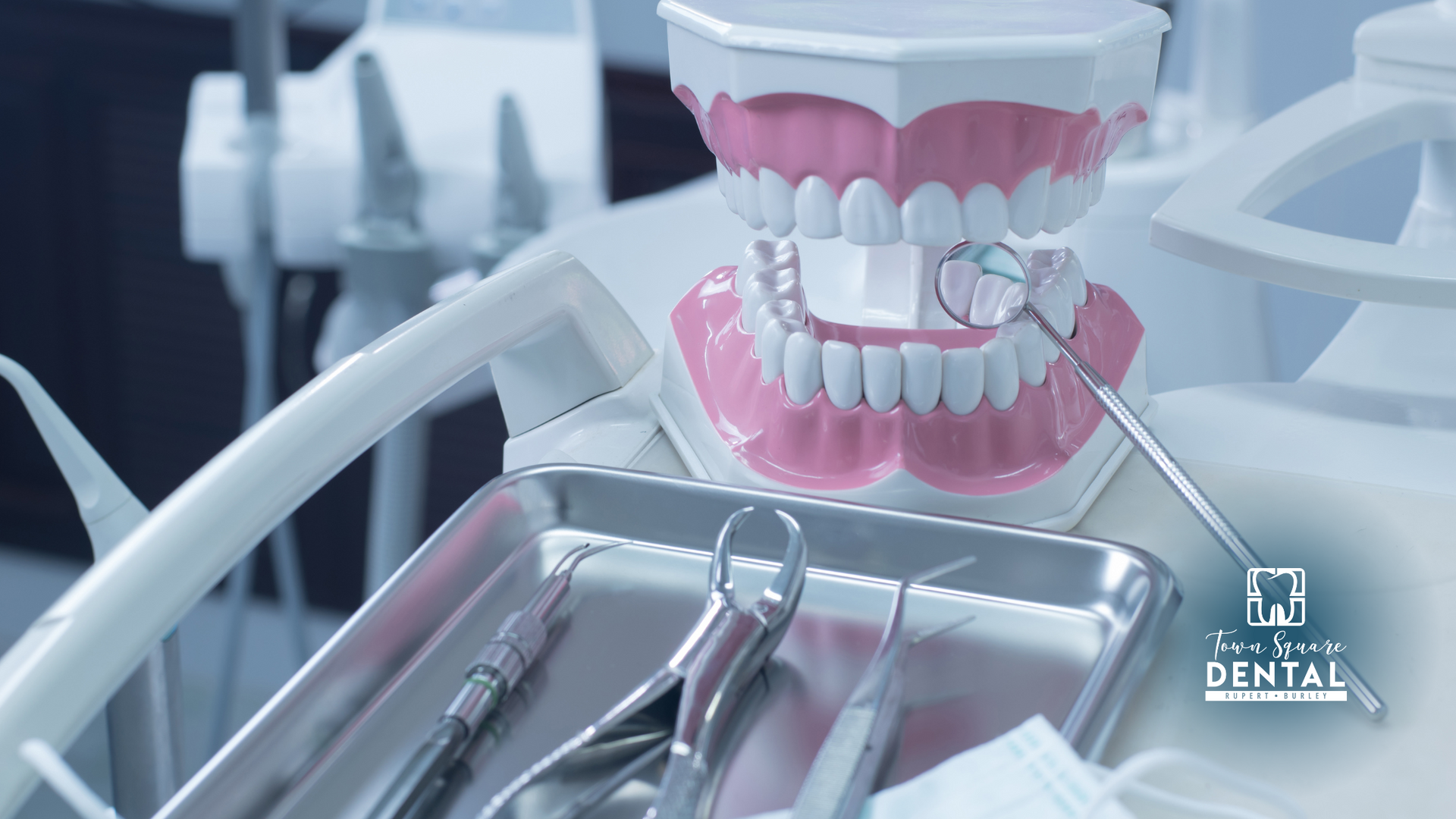
Biological dentistry, often referred to as holistic dentistry, is an approach that recognizes the interconnectedness of oral health and the body’s overall health. It combines traditional clinical knowledge with a broader understanding of how dental materials, procedures, and oral-systemic conditions may influence wellness. At its core, biological dentistry emphasizes:
- Biocompatibility of materials
- Minimally invasive procedures
- Focus on prevention and education
- Support of natural healing mechanisms
While biological dentistry is grounded in standard dental science, it goes a step further by addressing the root causes of disease, considering patient lifestyle, and evaluating how treatments affect systemic health.
How It Differs from Traditional Dentistry
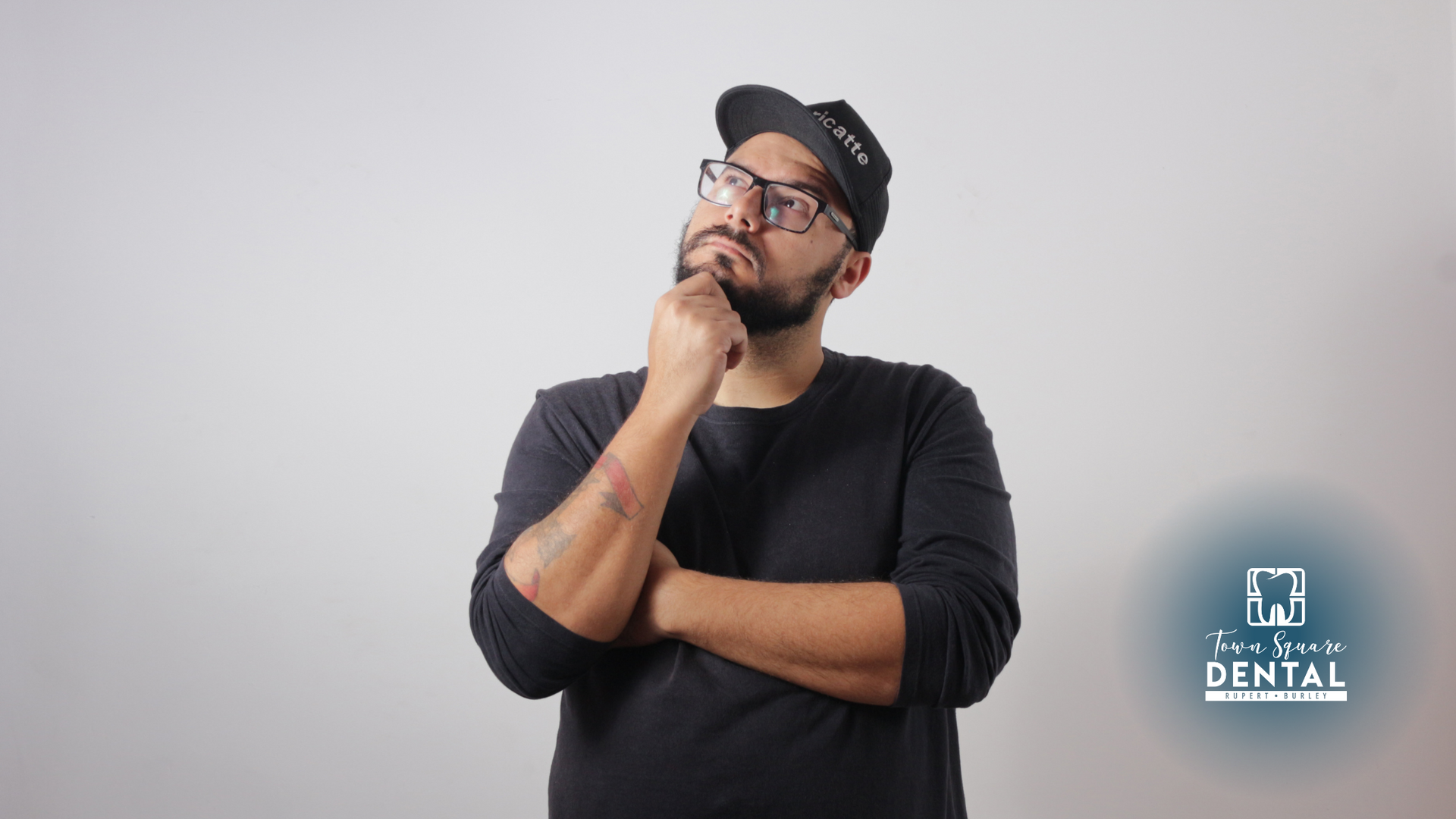
While both traditional and biological dentists are trained to diagnose and treat oral conditions, the way they approach treatment planning and materials selection can differ significantly.
Traditional dentistry often uses materials and methods that are effective at restoring function but may not consider long-term impacts on the immune system or overall health. For instance, many traditional practices still use dental amalgam fillings, which contain mercury—a material that biological dentists typically avoid.
In contrast, biological dentistry evaluates whether materials are biocompatible for each individual. It also looks at how dental treatments may impact inflammation, immune function, or long-term toxicity. Biological dentists often integrate functional medicine, nutrition, and detoxification strategies into their patient care plans.
At Town Square Dental in Rupert and Burley, we believe in offering informed choices to patients. That includes discussing both conventional and biological options with full transparency.
Key Principles of Holistic Dental Care
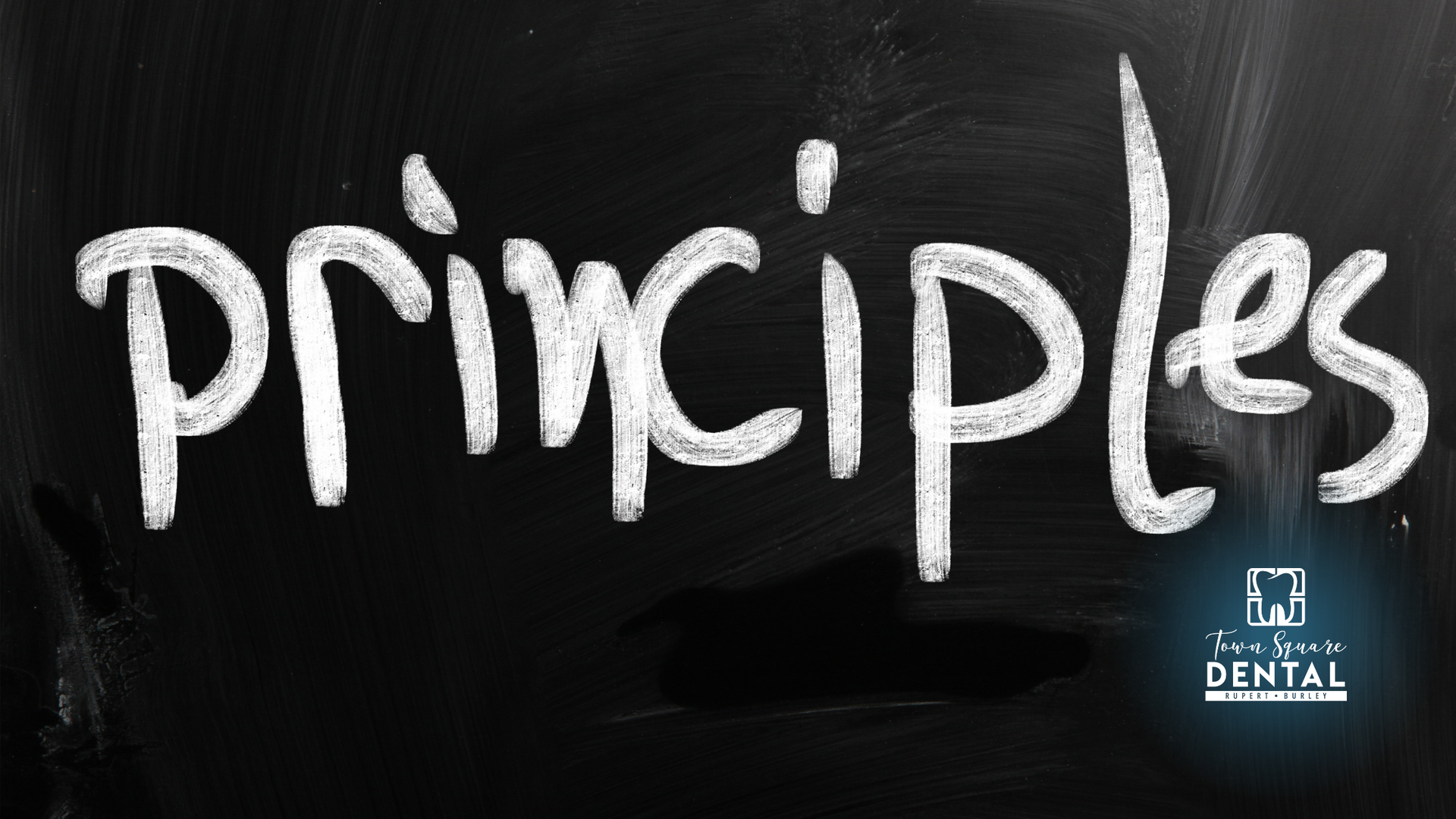
While there is no single governing definition of biological dentistry, several guiding principles are commonly shared across practices. These include:
- Whole-Body Health Focus: Biological dentists consider how oral conditions may be linked to other systemic concerns, such as cardiovascular disease, autoimmune conditions, or digestive health. Treatment is designed to support wellness beyond the mouth.
- Avoidance of Toxic Materials: Practices often avoid materials such as mercury amalgam, nickel, or fluoride when possible. The goal is to minimize exposure to substances that could trigger systemic reactions or chronic inflammation.
- Safe Amalgam Removal: For patients with existing mercury-based fillings, biological dentists follow strict protocols for safe removal. This minimizes mercury exposure during the process and may include air filtration, rubber dams, and supplemental detox support.
- Emphasis on Prevention: Rather than waiting for disease to develop, biological dentistry focuses on early detection, lifestyle counseling, and personalized oral hygiene strategies.
- Patient Education and Autonomy: Patients are empowered to make informed decisions through open communication. Biological dentists often spend more time with each patient discussing health history, diet, and wellness goals.
Common Treatments in Biological Dentistry
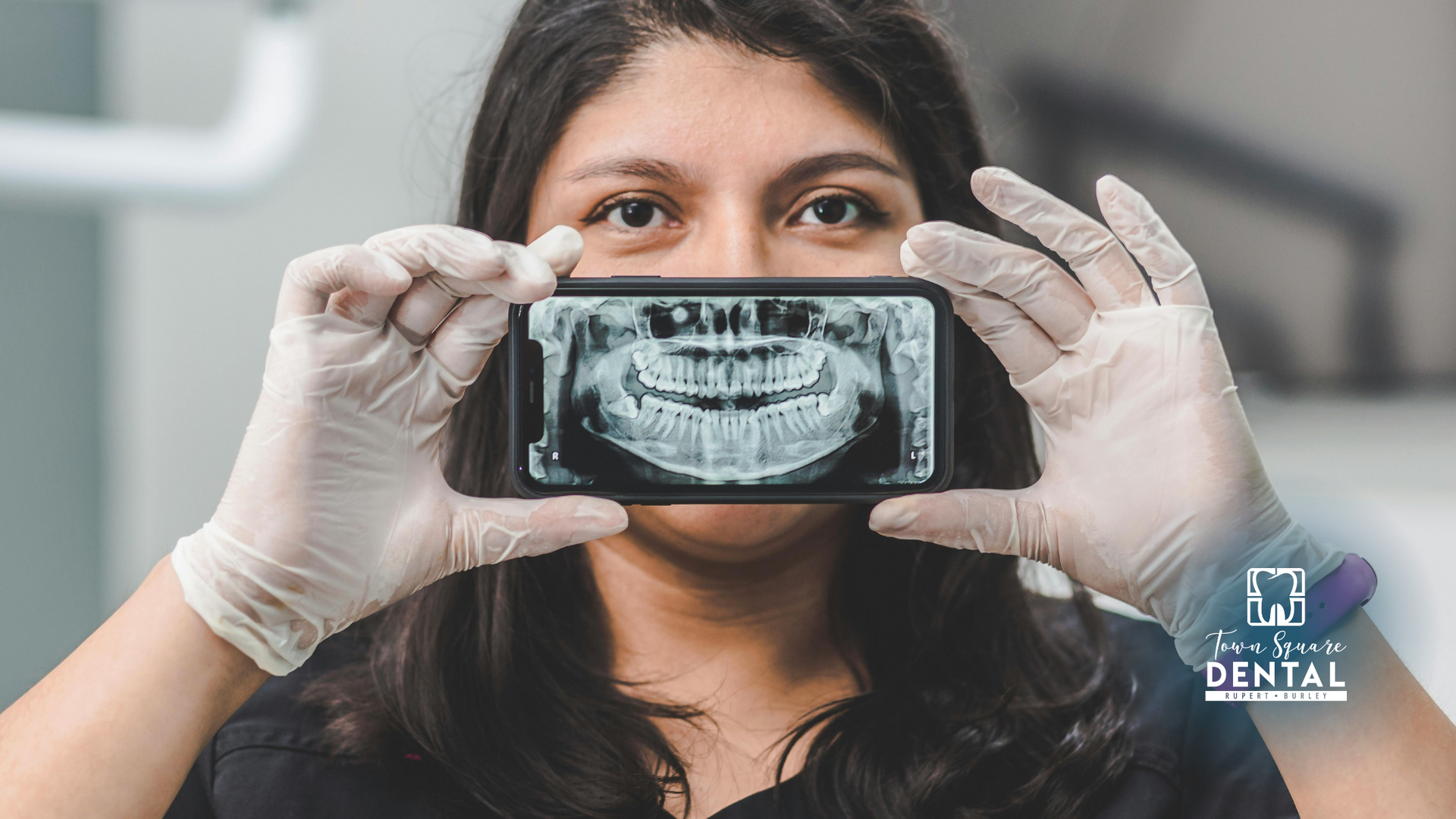
While biological dentistry includes many of the same core services as traditional dentistry, it also offers unique treatments and protocols:
- Mercury-Free Fillings: Biological practices typically use BPA-free composite resins, glass ionomer cements, or ceramic-based materials that are more compatible with the body’s tissues.
- Ozone Therapy: Used to disinfect and promote healing, ozone therapy delivers concentrated oxygen to kill harmful bacteria and stimulate tissue regeneration. It may be used in cavity treatment, gum care, or post-surgical healing.
- Safe Mercury Amalgam Removal (SMART Protocol): Many holistic offices follow the SMART (Safe Mercury Amalgam Removal Technique) guidelines established by the International Academy of Oral Medicine and Toxicology (IAOMT) to ensure the safe extraction of mercury-containing fillings.
- Ceramic Implants: Instead of titanium, some biological dentists offer zirconia or ceramic dental implants. These materials are highly biocompatible and offer an alternative for patients with metal sensitivities.
- Digital X-rays and Minimal Radiation Imaging: To reduce radiation exposure, biological dentists may rely on digital imaging systems or limit X-rays to only what is clinically necessary.
- Nutritional Counseling: Nutrition plays a role in oral and systemic health. Some practices include dietary guidance as part of caries prevention, bone health maintenance, or immune system support.
At Town Square Dental in Rupert and Burley, we consider these integrative tools when tailoring care plans to the needs of each patient.
The Role of Biocompatibility and Material Safety
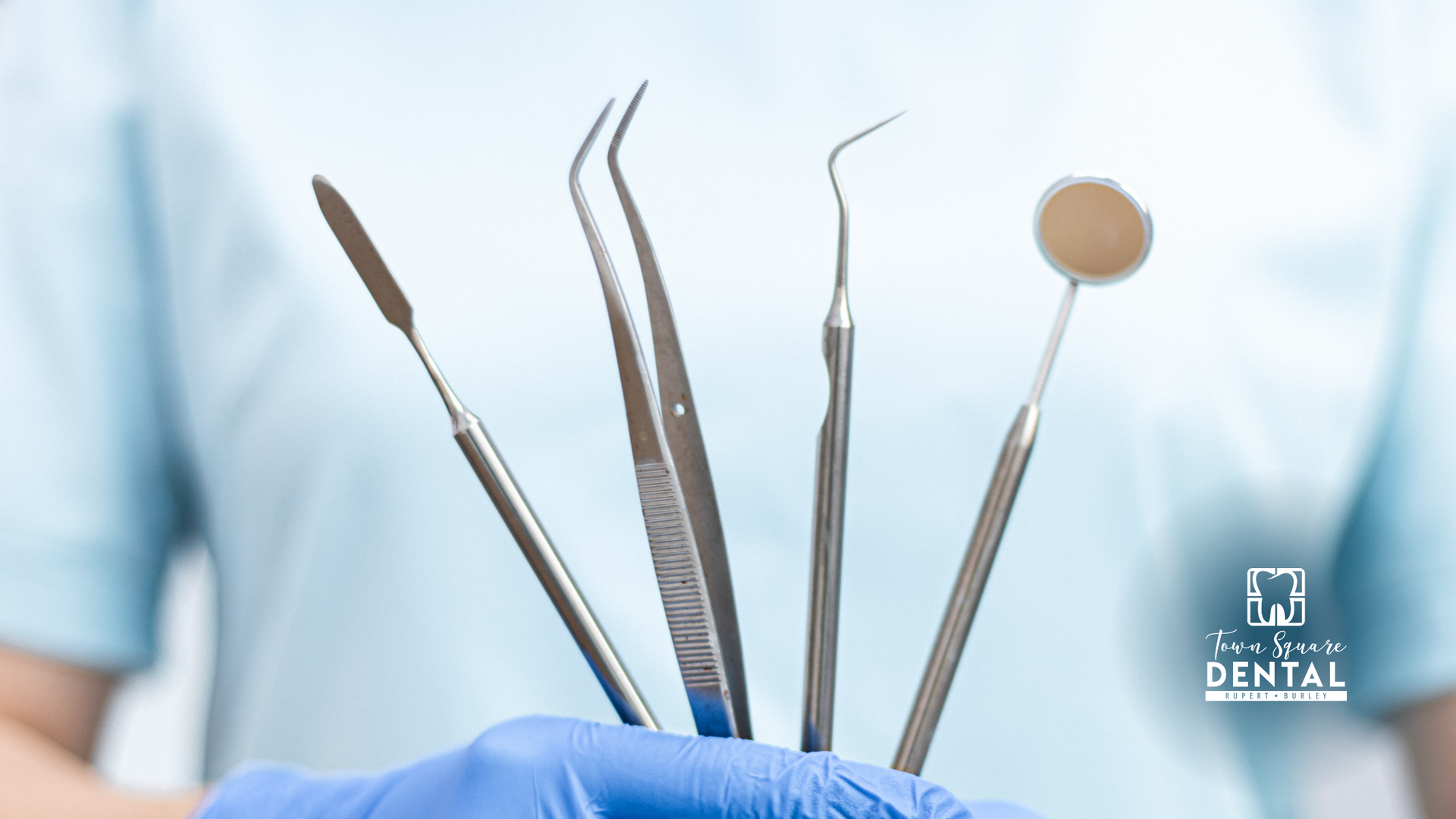
One of the central philosophies of biological dentistry is that not all dental materials are suitable for every patient. Materials can interact differently with the immune system, and in some cases, they may trigger inflammation, allergic responses, or systemic sensitivity.
Biological dentists often assess biocompatibility through lab testing or patient history before placing restorative materials. This is particularly important for patients with autoimmune conditions, chronic fatigue, fibromyalgia, or other health concerns where minimizing toxic load is a priority.
Using materials that support the body’s natural healing, reduce immune burden, and avoid unnecessary exposure to allergens is a key part of care at Town Square Dental in Rupert and Burley.
Connection Between Oral and Whole-Body Health

Emerging research continues to highlight the connection between oral health and systemic diseases. Periodontal inflammation, in particular, has been linked to cardiovascular issues, diabetes, adverse pregnancy outcomes, and even Alzheimer’s disease.
Holistic dentistry views the mouth as a gateway to the rest of the body. A chronic oral infection or heavy metal exposure is not seen in isolation—it is considered within the broader context of immune regulation, hormonal balance, and metabolic health. By aligning dental treatment with systemic health goals, biological dentistry helps bridge the gap between oral care and overall wellness.
Benefits for Patients Seeking a Natural Approach
Many patients who seek biological dental care are looking for a practice that aligns with their personal values around health, prevention, and environmental consciousness. Common reasons patients explore holistic dentistry include:
- Sensitivity to conventional dental materials
- Interest in natural or minimally invasive treatment
- Concerns about long-term exposure to metals or fluoride
- Existing chronic health conditions requiring integrative support
- Preference for a practice that takes time to listen, educate, and inform
At Town Square Dental in Rupert and Burley, we respect each patient’s unique priorities and offer personalized options to support their choices.
What to Expect During a Holistic Dental Visit
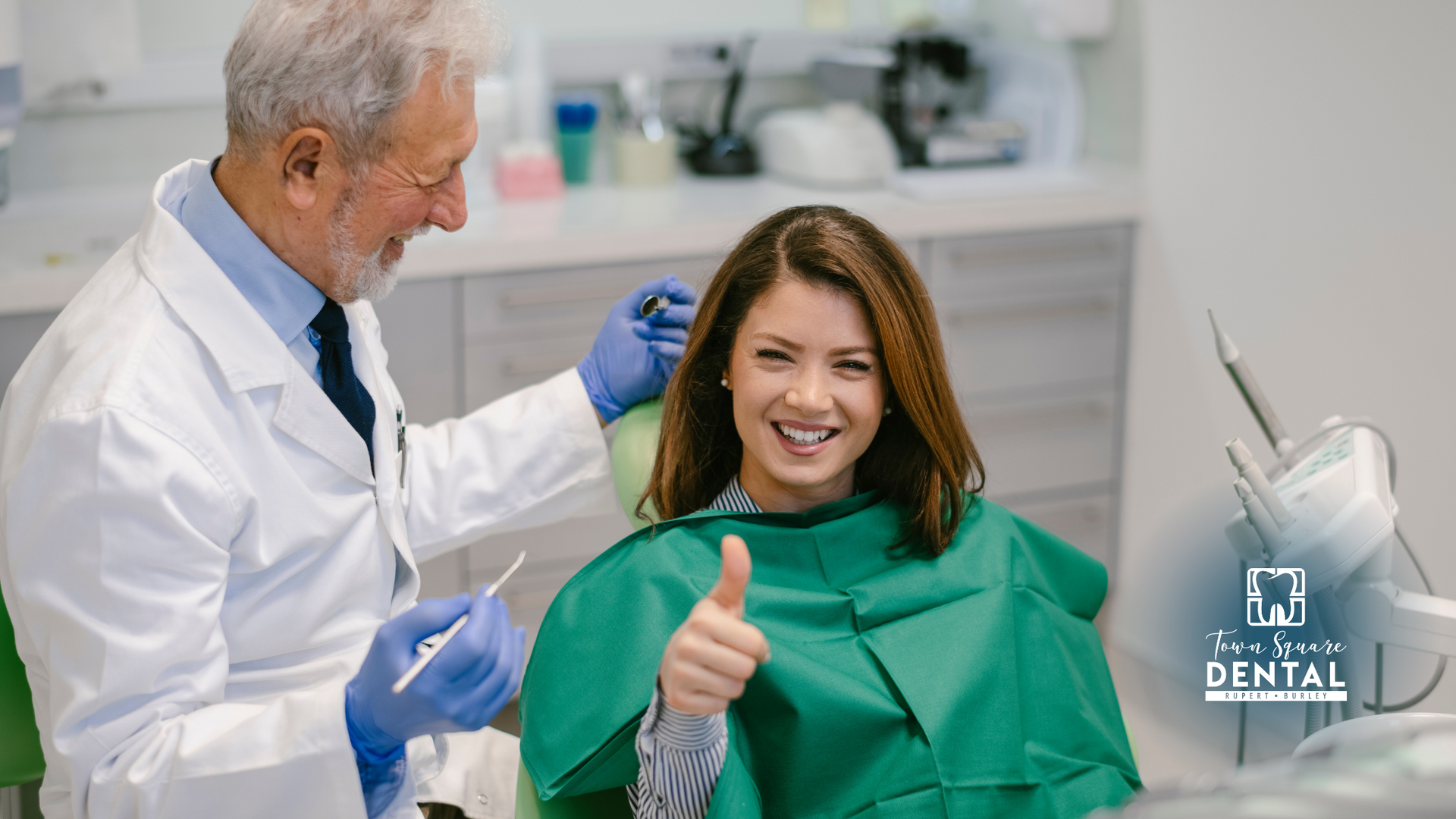
While many procedures are familiar—cleanings, exams, restorations—the process of care may feel different at a biological dental office. A visit typically includes:
- A comprehensive health history and lifestyle review
- Biocompatibility discussions or testing if needed
- Low-radiation imaging and conservative treatment planning
- Emphasis on prevention, nutrition, and patient education
- Time to ask questions and explore alternative care options
We also ensure that patients leave with a clear understanding of how their oral health plan integrates with their broader wellness journey.
Is Biological Dentistry Right for Everyone?

Biological dentistry offers valuable insights and options, but it is not about rejecting traditional care. It is about enhancing it. Many patients benefit from a blended model that incorporates the safety of evidence-based dentistry with the awareness of how treatments interact with the rest of the body.
Patients with metal sensitivities, autoimmune conditions, or those looking for a more personalized health partnership often find biological care to be a better fit for their needs.
At Town Square Dental in Rupert and Burley, we offer both conventional and biological options so patients can make informed decisions based on their unique situation and comfort level.
Conclusion
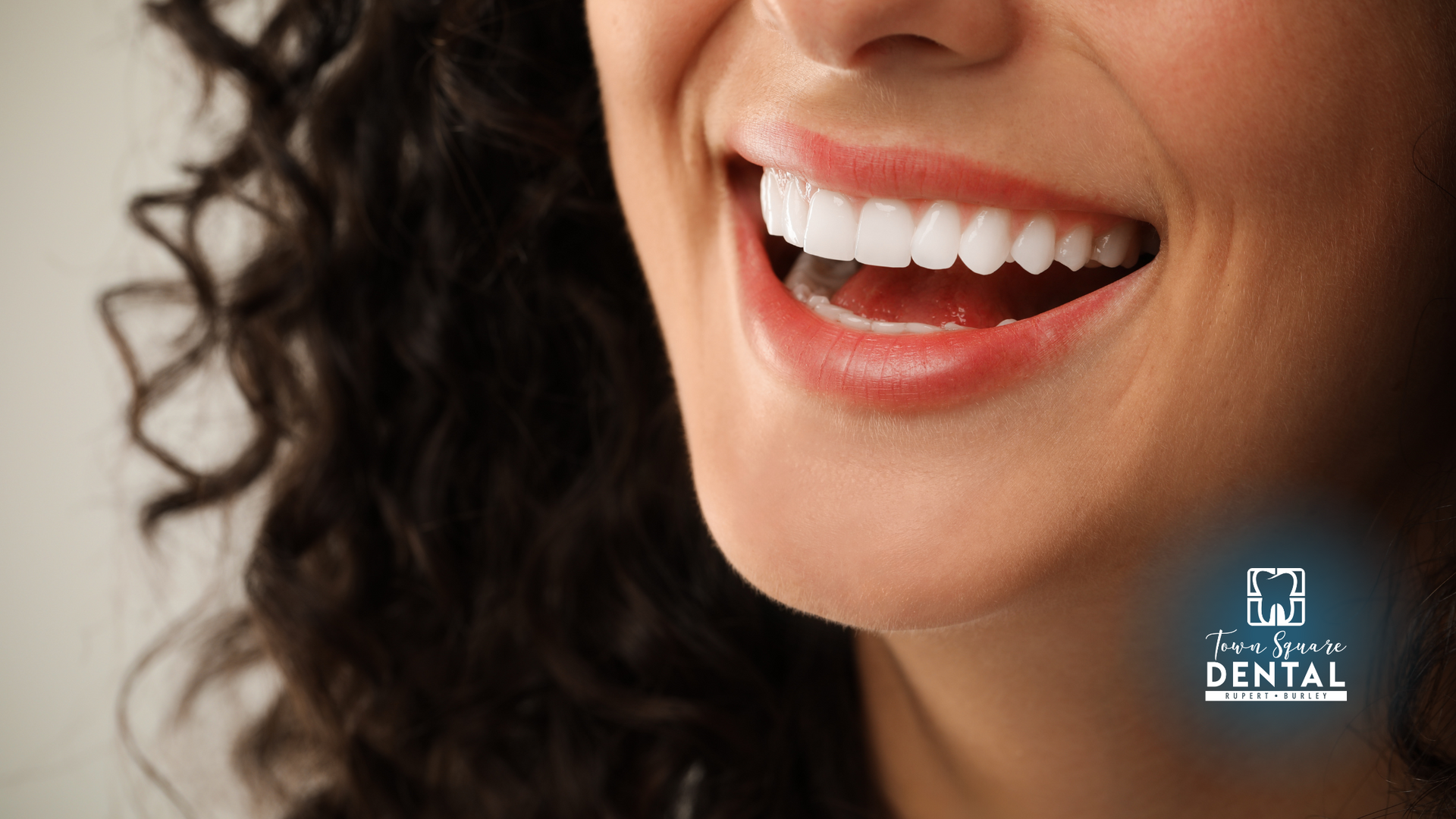
Biological dentistry represents a shift in perspective—one that values the mouth as part of a greater whole. From biocompatible materials to a deeper awareness of systemic impacts, it emphasizes health-centered care that supports the entire person, not just their teeth.
If you are looking for a dental experience that respects your whole-body wellness, emphasizes education and prevention, and offers treatment tailored to your long-term health goals, biological dentistry may be the right choice.
Town Square Dental is proud to offer biological dental care to patients in Rupert and Burley and surrounding areas. Our team is here to answer questions, provide clear information, and support a healthier future through personalized, informed dentistry.
